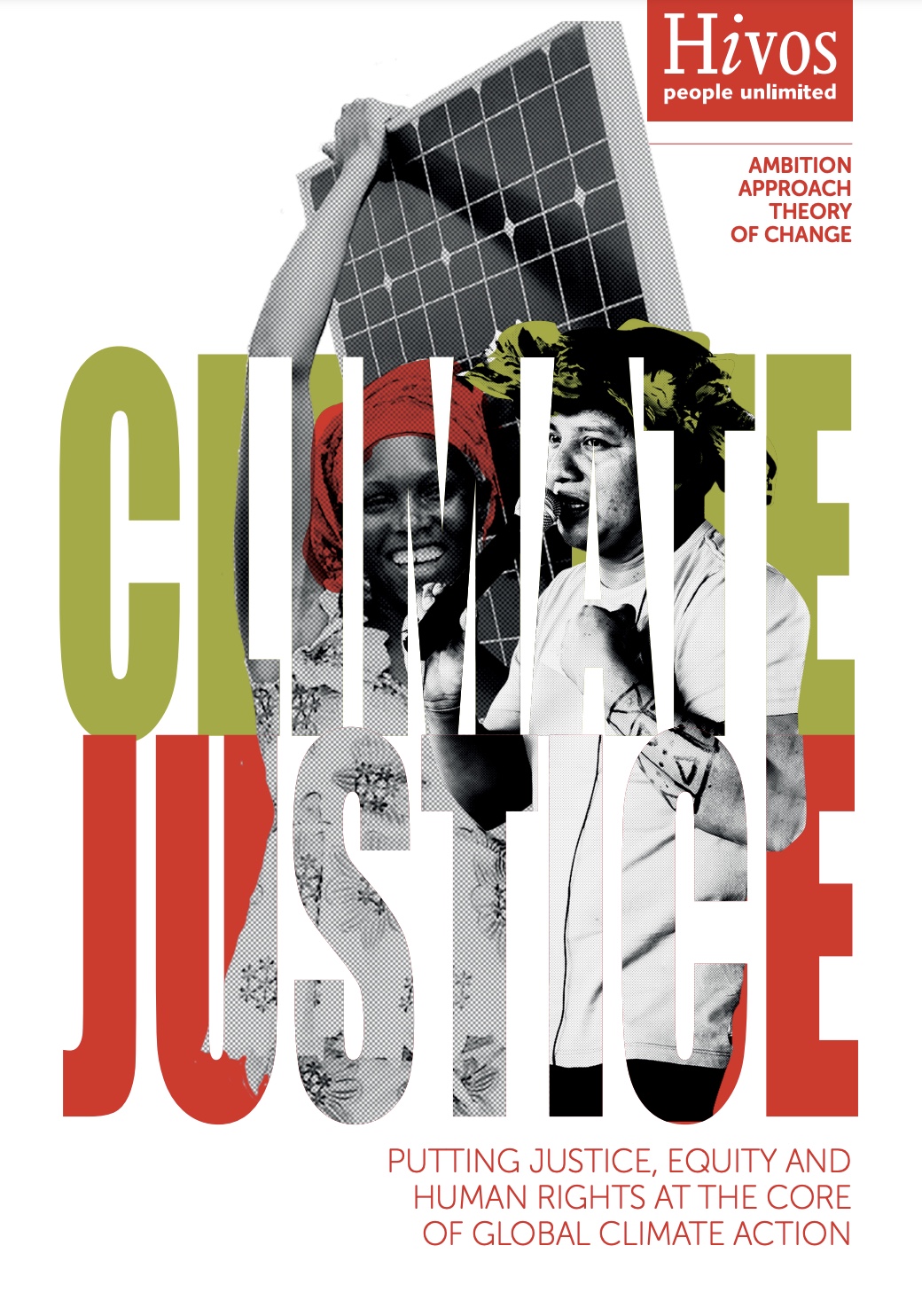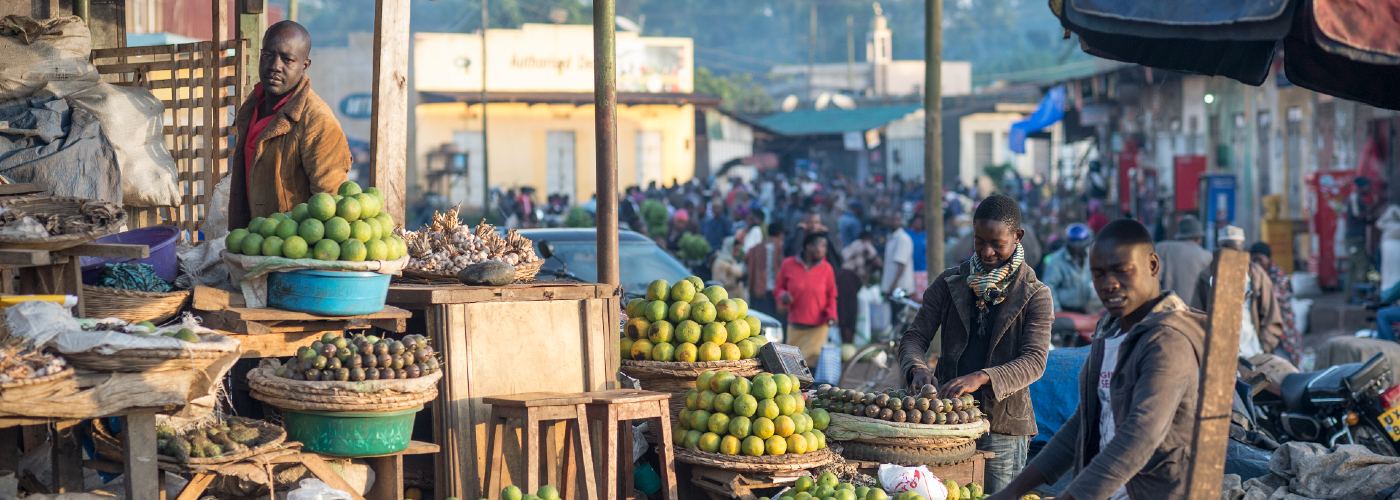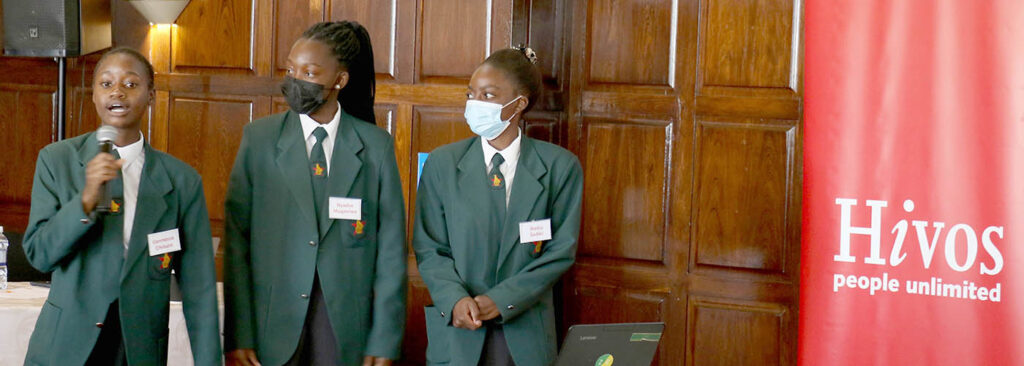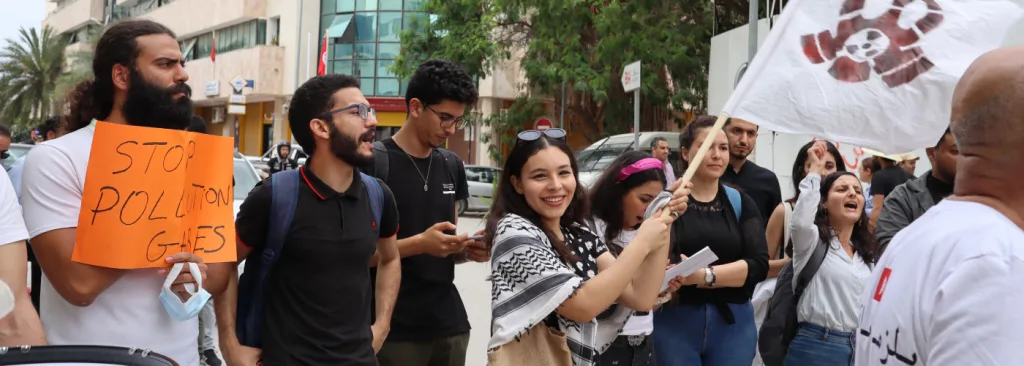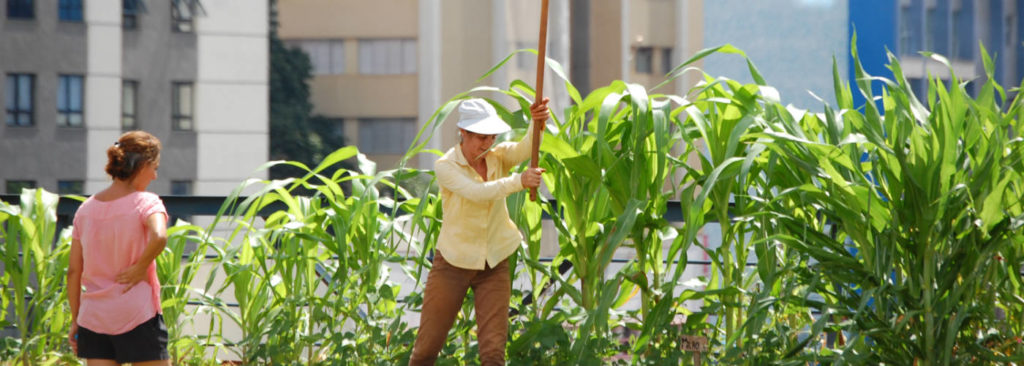While urban areas only account for two percent of the earth’s surface, they contain half of our planets’ people. By 2050 that will even be an estimated two-thirds. They already consume nearly 80 percent of global food and energy produced. Also they generate about 70 percent of all greenhouse gas (GHG) emissions and global waste, which is expected to only increase in the coming decades. It is clear that if we want to do something structural about the climate crisis, and the inequalities it intensifies, cities are the obvious place to start.
The World Urban Forum (WUF) that is taking place 26 to 30 June in the Polish city of Katowice aims to do exactly that. It is the most important global conference on sustainable urbanization. The WUF was established in 2001 by the United Nations to examine one of the most pressing issues facing the world today: rapid urbanization and its impact on communities, cities, economies, and climate change. Making cities livable for all, including the most vulnerable, is one of the greatest challenges of the 21st century. Food is a critical entry point for making cities more inclusive and climate-resilient.
Climate-resilient and inclusive food systems
Food production and consumption in cities can and should be more efficient, to say the least. Fact: one third of all food produced is wasted. Global food systems are extractive, generate a lot of waste and pollution, and harm natural systems. There is growing acknowledgement that extractive food systems and their long, complex global value chains, are fragile and unsustainable in the face of multiple crises.
Food systems are also highly vulnerable to the impacts of climate change. Risks to food security in cities will increase in the future, as sea levels rise and more intense and frequent extreme weather events put pressure on food production and access. This is exacerbated by global crises like the Covid-19 pandemic, commodity price spikes, and the war in Ukraine.
Climate resilience, social cohesion and wellbeing
At the same time, cities offer unique opportunities for transformation. They have a concentration and interconnection of (young) people, civil society, start-ups, infrastructure and assets. Meanwhile, decentralization is giving more responsibility to city authorities, creating opportunities for increased accountability and citizen participation. Over 800 cities have adopted zero emissions targets, while over 200 cities have signed the Milan Urban Food Policy Pact (MUFPP) to transform their food systems.
Urban food system transformations can contribute to climate adaptation and mitigation, while improving the wellbeing of urban citizens. Local innovators have the ideas and vision for their future city. Hivos supports citizens to co-create and re-shape the future of their city. Together we can join forces to create cities that are more livable, and that improve climate resilience, social cohesion and wellbeing.
Concrete climate action
So what needs to be done? It all starts with making use of the potential of citizens. In this context, Hivos works with key rightsholder groups and social movements from the Global South in putting their priorities and agency at the center of action. Women are at the core of our intervention strategies. Even though women are central to urban food systems (they make up the majority of vendors and producers and make decisions on household needs), their voices are insufficiently represented in decision making processes.
Youth are also key rightsholder groups that can drive transformational change. Young people, collaborating with others, can influence decision making, shape new narratives, and access quality employment opportunities in the food sector. They should be able to voice their priorities, and demand (and grow) healthy, sustainable food. That is why Hivos aims to include urban youth of diverse cultures, social status, and gender. Furthermore, people living in urban slums are key rightsholders in the city and we aim to ensure their voices are heard.
1. Political participation
Citizen participation and local accountability at city level are a must to really make a lasting difference, so we aim to increase political participation of people living in cities. When they have a seat at the table together with municipalities, local governments and civil society organizations, citizens have real influence on how policies and practices take shape. Inclusive pro-youth urban food policies and strategies need to be developed, and decision-makers should be held to account on how they are implemented and funded.
2. Multi-stakeholder collaboration
There is a complex network of people, processes and relationships involved in food production, processing, marketing, consumption, disposal and recycling within cities. So policies and measures, but also public and private financial flows, towards inclusive, climate resilient food systems call for multi-stakeholder collaboration and adaptive, inclusive governance. The needs and perspectives of multiple rightsholders, particularly the most vulnerable, must be central. Hivos brings significant experience facilitating this in an inclusive, effective way through “change labs” and “food policy councils.”
3. New narratives
New narratives on inclusive and climate resilient food systems can inspire behavior change. That’s why it is essential to influence the ‘moveable middle’ with campaigns and strategic messaging. An emotional connection to food through culture, health and community, can be that inspiration. For example, building on reviving interest in local food cultures and indigenous crops. Diverse young voices can influence public opinion through collective action online and offline. And shape new narratives on inclusive and climate resilient food systems and green cities.
Hivos is building on its network, Climate Justice track record and current programs, including Voices for Just Climate Action, GreenWorks, Youth Food Action and RUAF.
It is time for cities to step up to the plate and take action for food systems transformation. RUAF is hosting a networking event ‘City region food systems: strengthening resilience against multiple shocks and crises’ at the WUF, together with FAO and CGIAR. It will showcase tools and technical support to help them do so, and promote exchange of experiences between cities and city regions of different sizes, geographical character, type, and in different locations.
